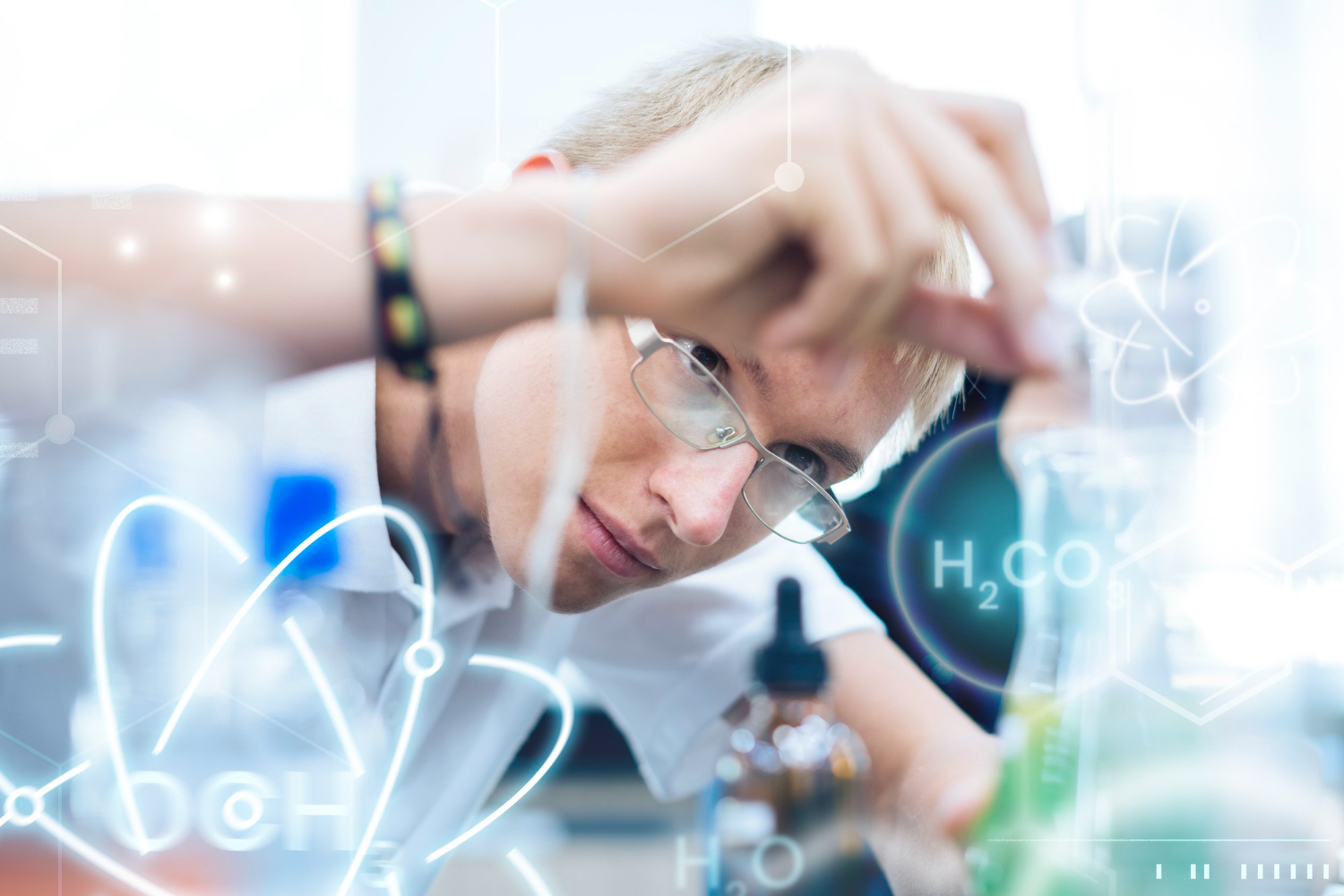While most agree that the outputs of science are beneficial to society, a large part of the general public does not know what scientists really do; they even often stereotype them as peculiar. Likewise, the cultural difference between science and business leads to major misunderstanding due to differences in expectations at both sides. Businesses rely on research to develop new solutions; however, there is a disconnection between the pace of industry and that of research and innovation.
Although it can be challenging for business people and scientists to appreciate each other’s priorities, understanding the benefits of closer collaboration to get innovation to market can bring both parties closer. Unlike scientists who must withhold judgment until sufficient evidence has accumulated, business leaders generally have to act in a state of partial ignorance. Strategic calls have to be made and policies implemented; no matter how rigorously one tries to base one’s decisions on evidence, some guesswork will be required.
According to Rosalind Le Feuvre, Director of Operations at the Manchester Institute of Biotechnology, UK, science and business can work well together. “I think the academic community is becoming more aware of the commercial potential of their science and how to exploit it, there is a more open culture and increased dialogue; however, collaboration is not always straightforward”, adds Le Feuvre.
Hereunder are three attributes contributing to the thinking of a scientist, and how to apply them to wider contexts:
- Skeptical curiosity
Scientists innovate, striking a careful balance between curiosity, intuition, and skepticism. However, techniques such as external and internal peer reviews and randomized control trials are also embedded in their way of thinking to avoid blind optimism and bias. Invite sceptics and non-experts in your organization and make sure that initiatives suggested in your organization are checked by someone outside your team, even outside your organization or industry.
- Collaborative competitiveness
The best scientists are the ones who compete and collaborate with one another. Look at the problems and opportunities in your business or organization that cannot be solved in isolation and collaborate like a scientist. When corporations come together, they can make important things happen. Bringing together industry, government, and higher education can be even more powerful.
- Confidence in the face of uncertainty
The scientist’s business is the unknown; when something is unknown, it is an opportunity to be pursued rather than avoided. This requires the ability to deal with ambiguity and uncertainty, which most people find difficult. Break down problems into smaller hypotheses to be tested, evaluate probabilities and the interrelation between factors affecting probability, and move forward armed with that imperfect knowledge.

Image by Freepik
The scientific method is mostly responsible for the astonishing increase in our understanding of the world over the past few centuries; yet, it entered the business and marketing world only lately. If we have learned one thing from science, it is that the most conceivable explanation is not necessarily correct. Adopting a scientific approach to decision making requires to test our hypotheses with data.
While traditional statistics have always focused on using data to explain and predict, data science uses data to learn through constructing algorithms and programs that collect data from various sources and apply hybrids of mathematical and computer science methods to derive deeper insights. Whereas traditional analysis uses structured data sets, data science dares to ask further questions, looking at unstructured “big data” derived from millions of sources as well as nontraditional mediums such as text, video, and images.
Airbnb* is a prime example of how the tech industry is leveraging data science. It uses data science to help renters set their price; from understanding the demographics of renters to predicting availability and prices.
Receiving a large amount of data from customers, hosts, locations, and demand for rentals, Airbnb created a dynamic pricing system called Aerosolve using data science. Aerosolve predicts the optimal price for a rental based on its location, time of year, and a variety of other attributes using machine learning techniques. For Airbnb hosts, this system revolutionized the way in which rental owners can best set their prices in the market and maximize returns.
It seems that science and business are interdisciplinary although this is not recognized by many. The key to success in business and science is the question; getting an answer is a process, and you will get an answer. However, if you have an answer to the wrong question, or you do not think critically about what the correct question is your business will fail.
Glossary
*Airbnb is an American company that operates an online marketplace and hospitality service for people to lease or rent short-term lodging.
References
weforum.org
euroscientist.com
technologyreview.com
stmarys-ca.edu
workforceinstitute.org
generalassemb.ly